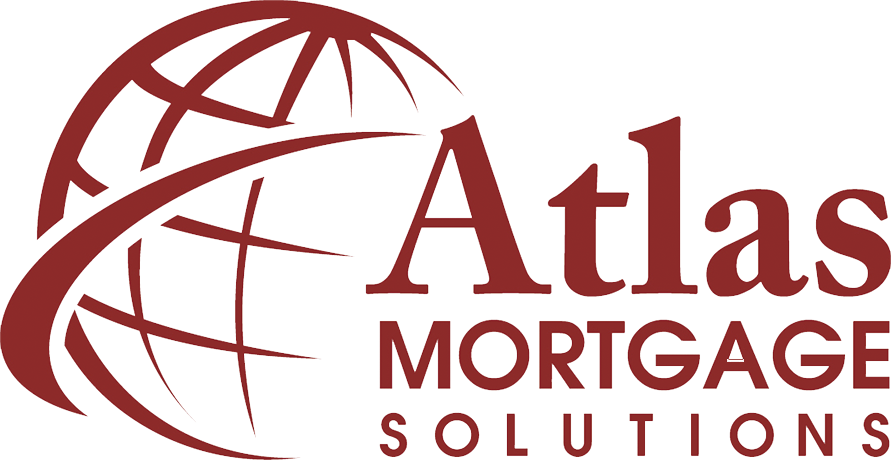How Does A Reverse Mortgage Work?
We are here to help you understand exactly what a reverse mortgage is and what it can do to help you.
How It Works
There are a few types of reverse mortgage loans, but the most common type is the Home Equity Conversion Mortgage (HECM), which is the type we deal with. HECM loans are insured by the Federal Housing Administration (FHA).
With a standard home mortgage, you are the one who makes payments to a lender until you have completely paid off your home. You gain equity and decrease debt. Reverse mortgages are the opposite.
Reverse mortgages convert the equity you have in your home into money through a loan. You will have less equity and more debt because of this, but you will be able to utilize its value as a source of money while still living in your home. You also keep the title to your home.
A private lender such as ourselves will make payments to you based on the type of HECM loan you get, and the loan is due only If the borrower moves out of the home or passes away. Additionally, like with any other loan, you will gain interest on the money you borrow.
Types Of HECM Loans
Lump Sum
You collect the entire payment all at once. This is your only option if you want a fixed-rate mortgage.
Tenure
You will receive monthly payments throughout the whole life of the loan
Term
You receive monthly payments for a fixed amount of time.
Line of Credit
A line of credit can be drawn from anytime you want, and it will grow in value over time if you don't use it too quickly.
Combination of Options
You can combine certain options if you get an adjustable-rate loan. For example, you could have Monthly tenure or term payments in addition to a line of credit.
Fixed-Rate VS Adjustable-Rate Loans
A fixed-rate reverse mortgage means the amount of interest you pay is set in stone. This is nice because you know exactly how much interest you need to pay, but you also have more limited options when it comes to the type of HECM you can choose. The only fixed-rate reverse mortgage option is the lump sum, where you take the entire sum of money available to you at once. With this option, interest starts to accrue immediately after you get the money.
Adjustable-rate reverse mortgages are more flexible, allowing for a variety of options and combinations of HECM types. Additionally, the total amount of money you could receive is typically higher with adjustable interest rates. You also only need to pay interest on the money you actually borrow. For example, you wouldn’t pay interest on untapped funds in your credit line. It is important to be aware that the interest you pay on Adjustable-rate reverse mortgages could change over time.

